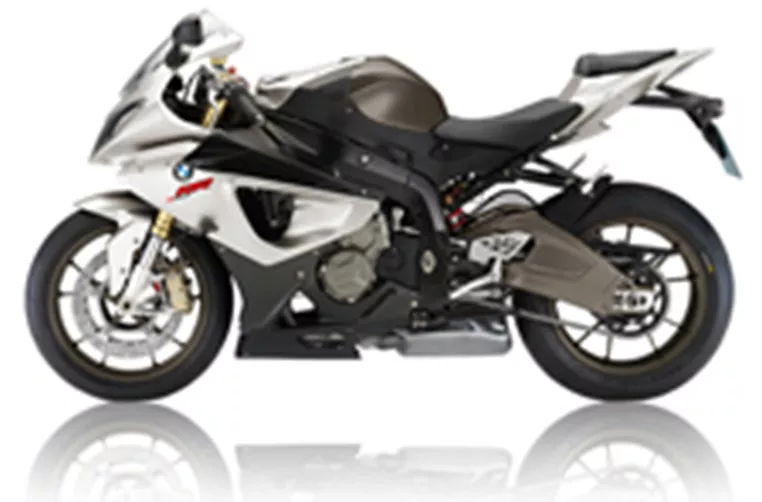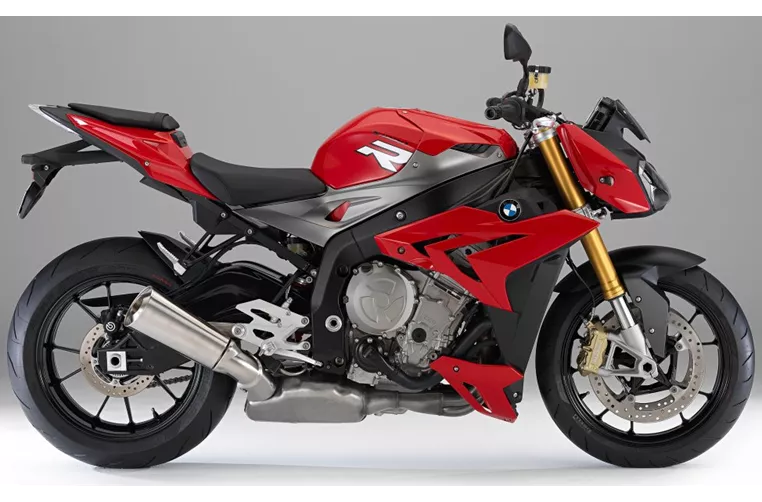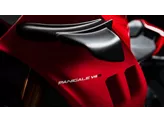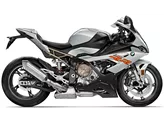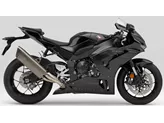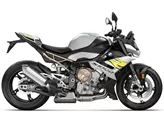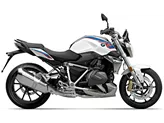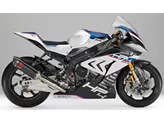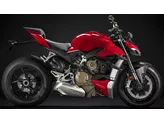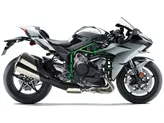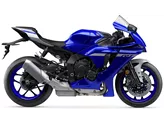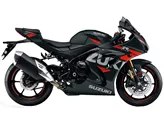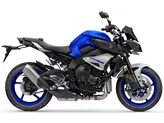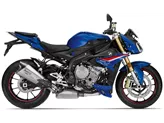BMW S 1000 RR 2010 vs. BMW S 1000 R 2016
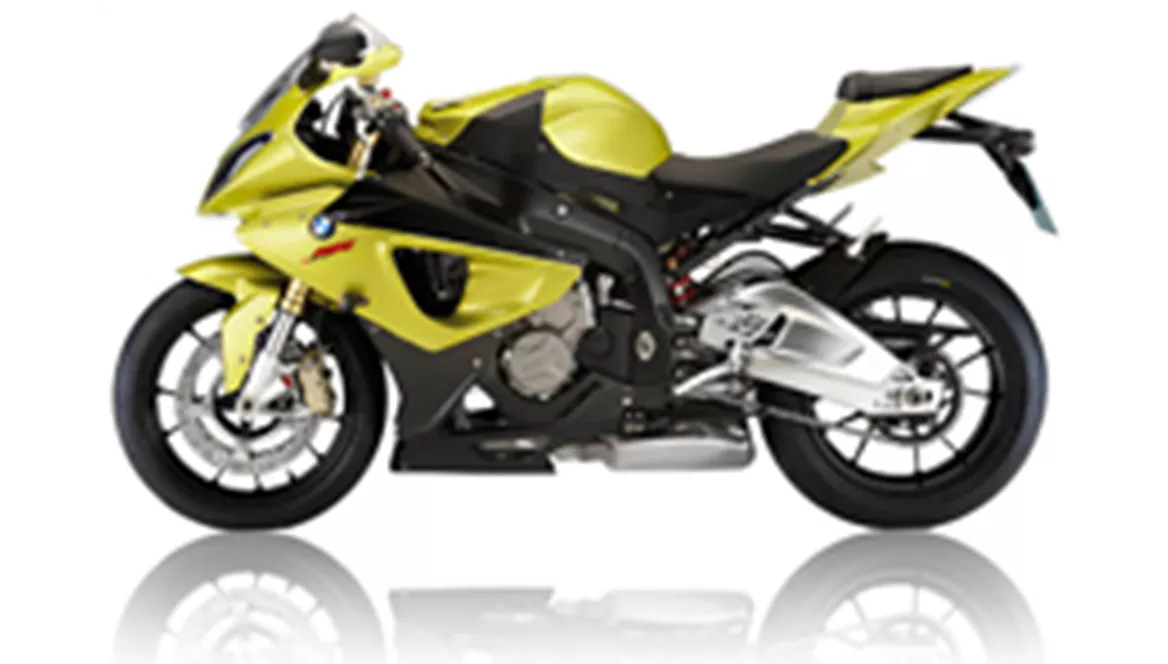
BMW S 1000 RR 2010

BMW S 1000 R 2016
Overview - BMW S 1000 RR 2010 vs BMW S 1000 R 2016
The BMW S 1000 RR model year 2010 is a supersport motorcycle that offers superior performance and well-functioning driving aids. With its in-line engine, it delivers a powerful engine power of 192 HP and a torque of 112 Nm. The compression ratio of 13 and the 4 cylinders contribute to its impressive performance. The displacement of 999 ccm ensures a thrilling riding experience.
In terms of suspension, the front suspension of the S 1000 RR 2010 is a telescopic fork, providing stability and control on the road. The rear suspension is a swing arm, further enhancing the bike's handling capabilities. The aluminium frame, specifically the twin tube frame type, adds to the overall rigidity and stability of the motorcycle.
The braking system of the S 1000 RR 2010 is equipped with double disk brakes with four pistons and radial technology. This ensures powerful and efficient braking, giving the rider confidence in any situation. The front tyre width is 120 mm, while the rear tyre width is 190 mm, providing ample grip on the road.
In terms of dimensions and weights, the S 1000 RR 2010 has a wheelbase of 1432 mm and a seat height of 820 mm. The kerb weight, including ABS, is 207 kg. The fuel tank capacity is 17.5 l, allowing for longer rides without frequent refueling.
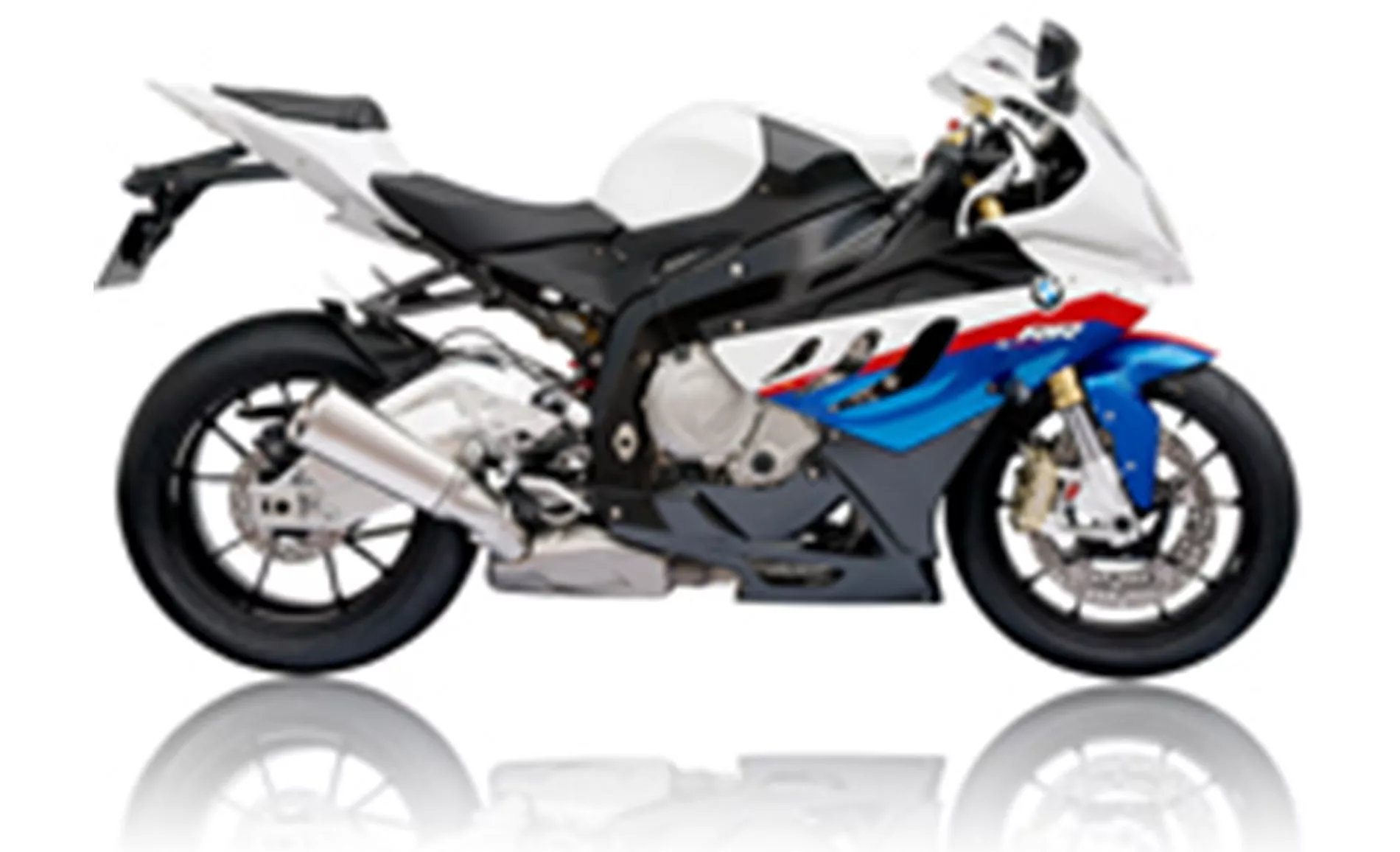
BMW S 1000 RR 2010
Moving on to the BMW S 1000 R model year 2016, this naked bike offers a different riding experience compared to the S 1000 RR. It features the same in-line engine with a bore of 80 mm and a stroke of 49.7 mm. However, the engine power is slightly lower at 160 HP, while the torque remains the same at 112 Nm. The compression ratio is 12, and it also has 4 cylinders with a displacement of 999 ccm.
The front suspension of the S 1000 R 2016 is an upside-down telescopic fork, providing improved comfort and control. The rear suspension remains a swing arm, ensuring stability and handling. The aluminium frame with a twin tube frame type is also present in this model, offering similar rigidity and stability.
The braking system of the S 1000 R 2016 is equipped with double disk brakes with four pistons and radial technology, ensuring powerful and responsive braking. The front tyre width is 120 mm, and the rear tyre width is 190 mm, providing ample grip on the road.
In terms of dimensions and weights, the S 1000 R 2016 has a slightly longer wheelbase of 1439 mm compared to the S 1000 RR 2010. The seat height is slightly lower at 814 mm, offering a more comfortable seating position. The kerb weight, including ABS, remains the same at 207 kg. The fuel tank capacity is also 17.5 l, allowing for longer rides without frequent refueling.
In terms of strengths, the S 1000 RR 2010 excels in superior performance, well-functioning driving aids, and its very fast nature. Additionally, it offers an optimal price, making it an attractive option for motorcycle enthusiasts.
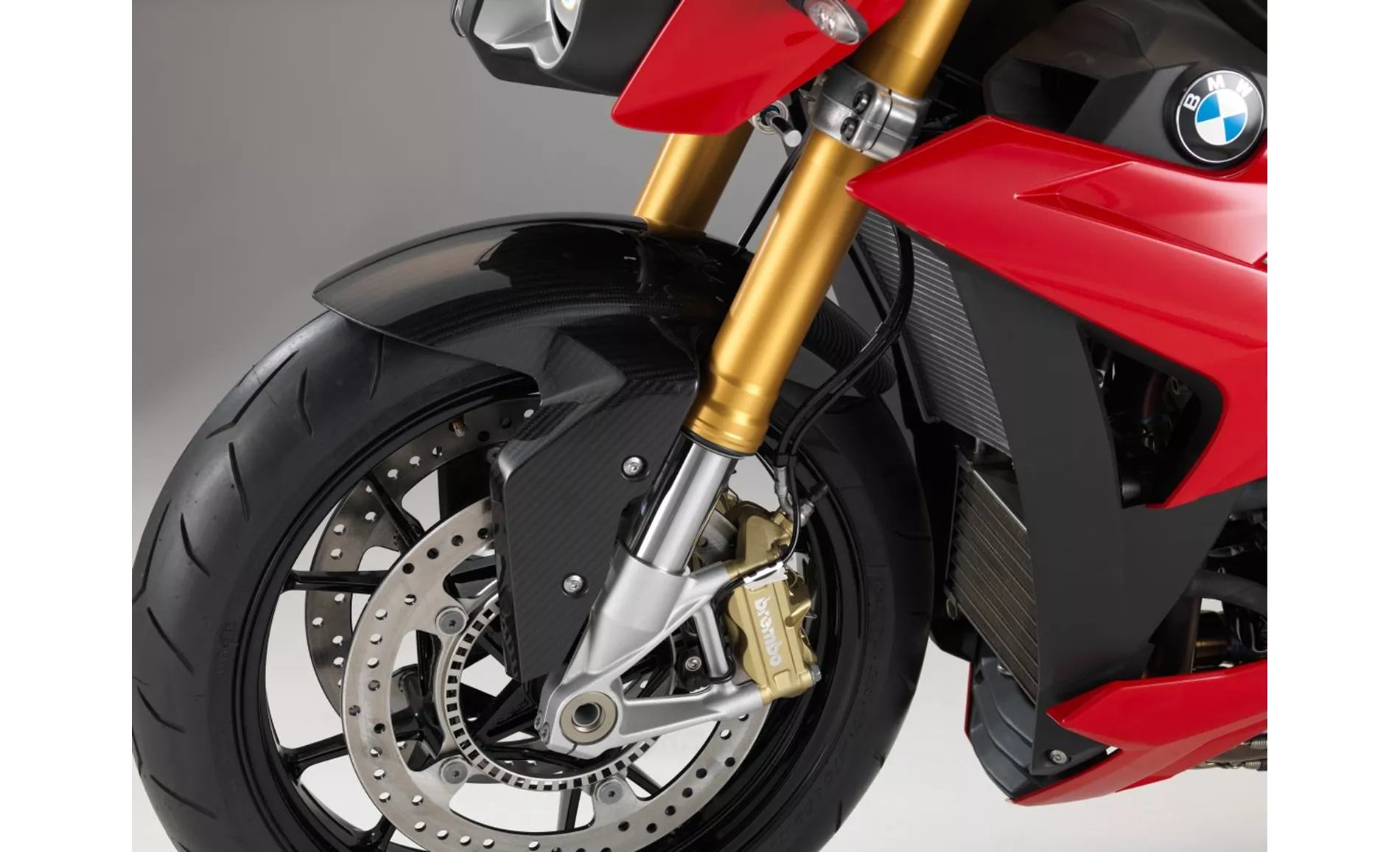
BMW S 1000 R 2016
On the other hand, the S 1000 R 2016 boasts a powerful and well-controllable engine, a powerful braking system, and a comfortable seating position. These features contribute to a more enjoyable and comfortable riding experience.
However, the S 1000 RR 2010 does have some weaknesses. It may lack agility and have complicated handling, which can affect the overall riding experience. Additionally, the braking stability may not be as strong as desired, and the high weight of 207 kg can make maneuvering challenging in certain situations.
Similarly, the S 1000 R 2016 has its weaknesses. While it offers irresistible optional extras, these can be expensive, making it less accessible for some riders. Additionally, the hard chassis may result in a less comfortable ride, especially on rougher terrains.
Overall, both the BMW S 1000 RR 2010 and the BMW S 1000 R 2016 have their unique strengths and weaknesses, catering to different riding preferences and needs.
Technical Specifications BMW S 1000 RR 2010 compared to BMW S 1000 R 2016
Pros and Cons in comparison
Pros and Cons in comparison
BMW S 1000 RR 2010
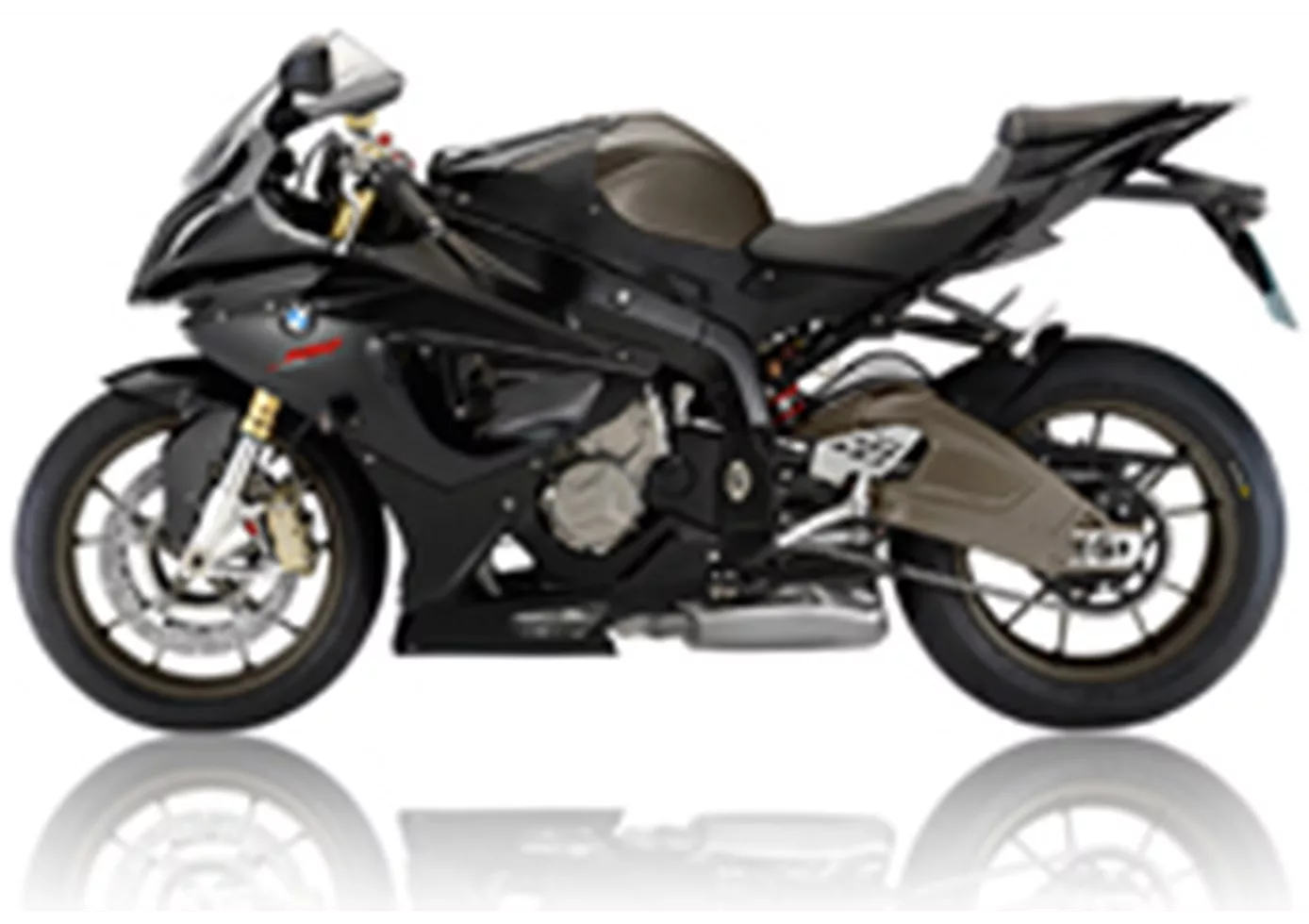
We have a strict and merciless order from the boss to thank for that. There are tough performance checks before the S 1000 RR leaves the factory. At BMW, they didn't want to show their hand and risk even one disappointing test bench report finding its way into the media.
BMW S 1000 R 2016
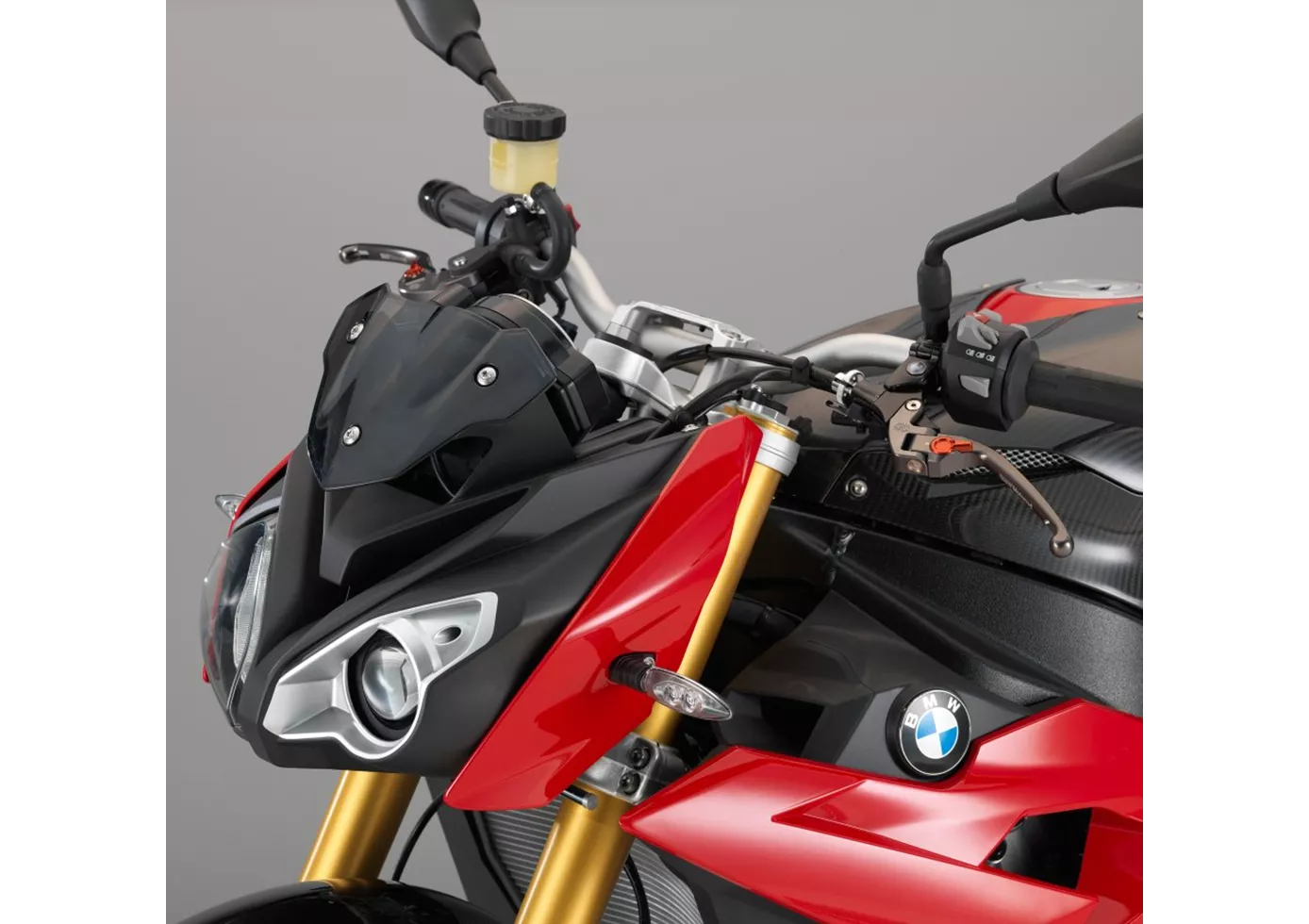
With the BMW S 1000 R, you notice both the close relationship to the S 1000 RR superbike and the endeavour to equip the machine with a high degree of comfort for country roads and everyday use. Accordingly, the 1000cc four-cylinder power unit is brute and yet easily controllable, and the seating position is correspondingly sporty and comfortable. The fact that the S 1000 R is one of the most affordable power naked bikes is surprising and very pleasing, although one must not get hold of the list of optional extras - because thanks to the many irresistible features, it will certainly be more expensive.
Price Comparison Avarage Market Price BMW S 1000 RR vs BMW S 1000 R
There are a few key differences between a BMW S 1000 RR 2010 and a BMW S 1000 R 2016. In terms of price, the actual average price of a BMW S 1000 R 2016 is about 19% higher. A BMW S 1000 RR 2010 experiences a loss of 1,100 GBP in one year and 2,340 GBP in two years of ownership. This is offset by a loss of 390 GBP and 1,960 GBP for a BMW S 1000 R 2016. Compared to BMW S 1000 R 2016 there are less BMW S 1000 RR 2010 bikes available on the 1000PS.de Marketplace, specifically 6 compared to 10. It takes less time to sell a BMW S 1000 RR with 52 days compared to 69 days for a BMW S 1000 R. Since model year 2010 1000PS.de editors have written 135 reviews for the BMW S 1000 RR and 62 reviews for the BMW S 1000 R since model year 2014. The first review for the BMW S 1000 RR was published on 16/04/2008 and now has more than 4,000 views. This compares to more than 17,300 views for the first review on BMW S 1000 R published on 03/11/2013.
